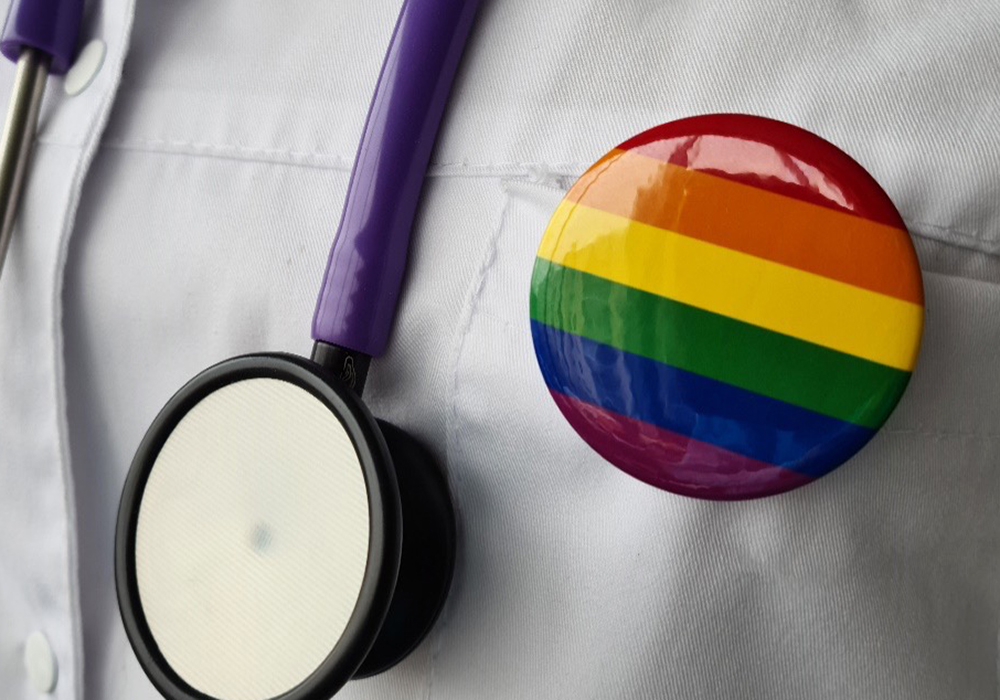As the founder of the LGBTQ+ Coordination of Care Consult Service and co-chair for the LGBTQI+ Clinical Advisory Committee (CAC) at Memorial Sloan Kettering (MSK) Cancer Center in New York, NY, Kelly Haviland, PhD, RN, FNP-BC, an advanced practice provider manager of professional development, is combatting the systemic disparities that LGBTQI+ patients with cancer face in accessing care.

Guiding Patients and Providers to Change the System
“The consult service assists and advocates for patients throughout their cancer journey, but we also offer help to our clinicians,” Haviland said. “We promote a learning environment so that our clinicians have the tools to treat our patients with dignity and respect and understand the unique needs of these populations.”
The consult service receives a list of all patients who have self-identified as non-cisgender or non-heterosexual and identifies any gaps in their care. The service welcomes LGBTQI+ patients to the institution, gives them a consistent point of contact throughout their treatment, provides targeted staff education and training, makes recommendations make clinics more welcoming spaces, and liaisons between oncology teams and patients’ other healthcare providers.
“We have had a case where a transmasculine patient was on testosterone for a prolonged period and the patient presented for cancer care with an elevated hemoglobin and hematocrit,” Haviland said. “The oncologist was unaware that transmen who had been on testosterone will likely have elevated hemoglobin and hematocrit, which may be in the range of a cisgender man and not a pathologic finding if a transman has been on testosterone for a prolonged period. As a consultant, I can provide this education to the clinicians caring for the patient and avoid unnecessary medical workups.”
Developing Policies, Resources, and More
Like the consult service, the CAC identifies treatment gaps for LGBTQI+ patients but with a focus on resources and initiatives, Haviland said. The CAC provides institutional recommendations about LGBTQI+ clinical care priorities and helps to advance studies that target LGBTQI+ patients.
Projects committee members work on throughout the institution include:
- Gathering data for redesignation of the Human Rights Campaign’s Healthcare Equality Index leadership status
- Providing input on LGBTQI+ inclusive policies and procedures
- Creating targeted LGBTQI+ patient education and screening information
- Identifying and developing new policies
Oncology Nurses Can Create Change
Haviland recommended that oncology nurses be open to the challenges the LGBTQI+ patient population faces and educate themselves to lead the transformation of inclusive care.
“Be curious to learn about the disparities that exist in the LGBTQI+ populations and seek out resources to meet these needs,” Haviland said. “Be aware of the strength and resiliency that people from the LGBTQI+ populations have, especially when presenting for cancer care. If you make mistakes, acknowledge them, learn from them, and move on.”
For nurses who want to establish or initiate services like the ones Haviland and MSK provide, Haviland advised starting the conversation about the specific needs of LGBTQI+ patients within their institution, then developing relationships with relevant resources or groups in the community.
“My hope is that we build an environment that is welcoming to all and acknowledges the individual needs of all patients,” Haviland said.






